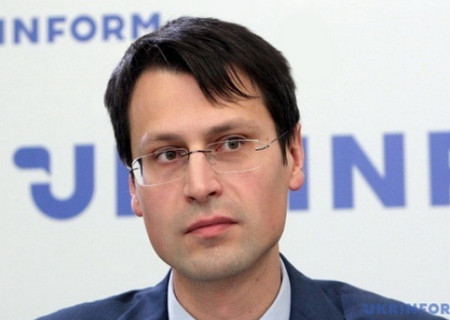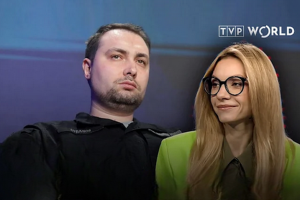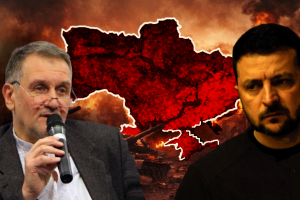Why European integration is important for President Zelenskyi?
Recent Ukraine-EU summit and re-affirmed mutual commitments between Ukraine and the European Union are important political achievements for President Volodymyr Zelenskyi for a number of reasons.
First and foremost, it is critical evidence for the Zelenskyi’s core supporters that Ukraine’s European aspirations and latest progress (like visa-free regime) are not overturned by the EU. According to the national opinion poll, which was conducted by the Democratic Initiative Foundation in the second half of August, 71.7% of the respondents who back president’s party “Servant of the People”, believe that Ukraine must join the European Union in the future. Thus, the summit results protect the president and his party from the attacks of the political opponents and deliver a clear message to the president’s supporters on the eve of nationwide municipal elections.
Secondly, this summit was a good opportunity for the president to show his constituency that he is respected by the EU as a representative of the Ukrainian nation and that his government is not under any kind of “external control”. The topic of “external control” should be taken seriously, since Zelenskyi’s voters are not quite confident about Ukrainian sovereignty.
According to the mentioned poll in August, while 47% of the respondents who vote for the “Servant of the People” think that cooperation with the International Monetary Fund is necessary for the economic development of Ukraine, other 36% believe that cooperation with the IMF means the establishment of “external control” over Ukraine (the rest 17% are undecided).
Of course, the IMF and the EU are quite different institutions but from a point of view of an ordinary citizen both are foreign entities which influence Ukraine’s policies. Since president’s supporters are divided it is a task for him and his team to continue foreign policy which creates conditions for the country’s development and maintain electoral support. Achieving such a delicate balance is not as easy as it seems. We have to keep in mind examples of the Brexit and the latest hot debates inside the EU about COVID-19 related economic relief measures and remember that winning both votes at home and acceptable compromises with other countries are challenging task even for the seasoned politicians from the stable countries. So far, Zelenskyi does not avoid this challenge, though he is a young leader from the country in war with Russia.
Thirdly, the summit was a good opportunity for the new Ukrainian president to understand what the European Union is not about. It is not about closing eyes to questionable attempts to re-install the mechanism of selective justice. It is not about charity to the country, where institutions are still captured by the oligarchs who continue destroying rule of law. And it is not about Trumpian “quid pro quo” decision making when collective interests are sacrificed for the sake of the personal political gains. Indeed, the EU is not a partner of a dream, but the Russian alternative is far less attractive. And in case of deliberate disruption of the relations with the EU due to the domestic issues outlined in this passage unattractive Russian alternative could become reality.
Thus the next few months after municipal elections and next several years without elections would show whether President Zelenskyi remembers lessons of this summit and whether the EU takes seriously Ukrainian choice and the price we are constantly paying for it in our relations with Russia.
Author : Ukrainian Liaison Office in Brussels









